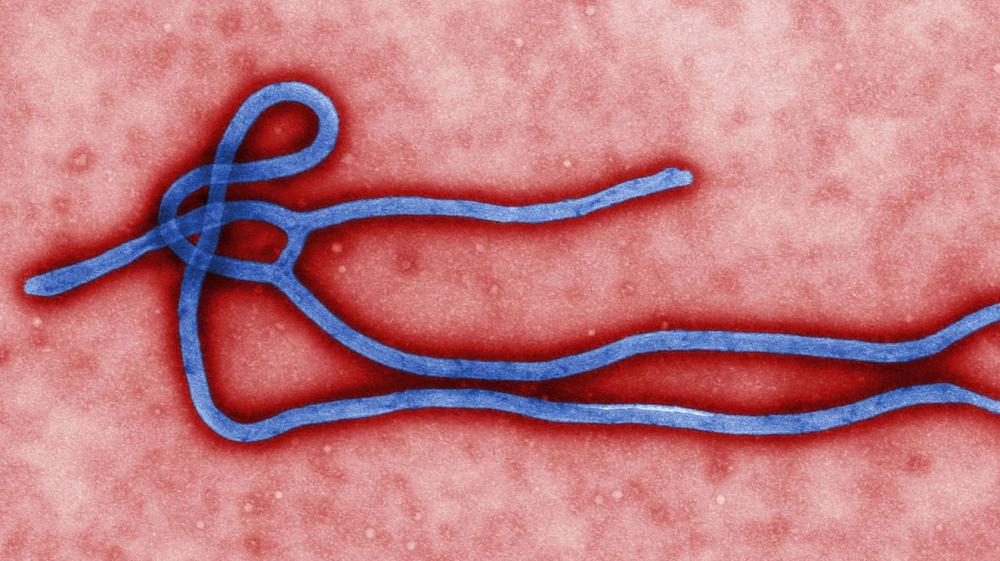Health workers are rushing to stop a “rapidly evolving Ebola outbreak” in West Africa, the World Health Organization said Monday.
So far, the deadly virus has sickened 86 people and killed 59 of them.
This is the largest Ebola outbreak seen anywhere since 2007, and it’s the first one in West Africa, although the virus has been found in the region’s monkeys.
All the cases in the outbreak have been in Guinea, a small country on the Atlantic Ocean about the size of Oregon.
“In Guinea, a country with a weak medical infrastructure, an outbreak like this can be devastating,” Dr. Mohamed Ag Ayoya, from UNICEF said in a statement Sunday.
Some early reports said the disease had spread to neighboring Sierra Leone and Liberia. WHO is investigating a handful of suspected cases in those countries, but so far, none have been confirmed, WHO spokesperson Gregory Hartl told Shots on Twitter.
DNA analyses suggest Guinea is dealing with one of the most deadly forms of Ebola, called Zaire. That strain typically kills about 80 percent of the people infected. There’s no treatment or vaccine for the virus.
Still though, outside of Guinea, there’s little reason for concern.
The hallmark of the disease is profuse bleeding. But Ebola also causes symptoms similar to severe dysentery, including diarrhea, vomiting and stomach pain. Many suspected cases of Ebola turn out to be false alarms.
For instance, early reports said the virus had spread to Guinea’s densely populated capital of Conakry, where nearly 2 million people live. But two of the three potential cases there have already tested negative for the virus, Hartl tweeted Monday.
Ebola outbreaks can be contained once health workers know what they’re dealing with.
The virus spreads through contact with blood and other bodily fluids, so the key to stopping it is ensuring people don’t touch those infected or the bodies of the deceased.
Several nonprofit agencies have sent medical teams and extra equipment to the region. UNICEF donated 5 tons of supplies, including protective gear for medical staff and hydration solutions to treat the sick. Doctors Without Borders is setting up camps for isolating patients.
“We see that a lot of people that died, they were all linked, meaning they have been in contact with each other,” Dr. Esther Sterk from Doctors Without Borders told The Associated Press. “That is very typical for Ebola outbreaks. We see that there is a transmission chain in families.”
It’s still unknown where the virus originated. “One of most common ways for humans to be infected with #Ebola is to eat the meat of an infected primate,” Hartl said on Twitter. “In fact, we may even be dealing with multiple introductions.”
9(MDA3MTA1NDEyMDEyOTkyNTU3NzQ2ZGYwZg004))
